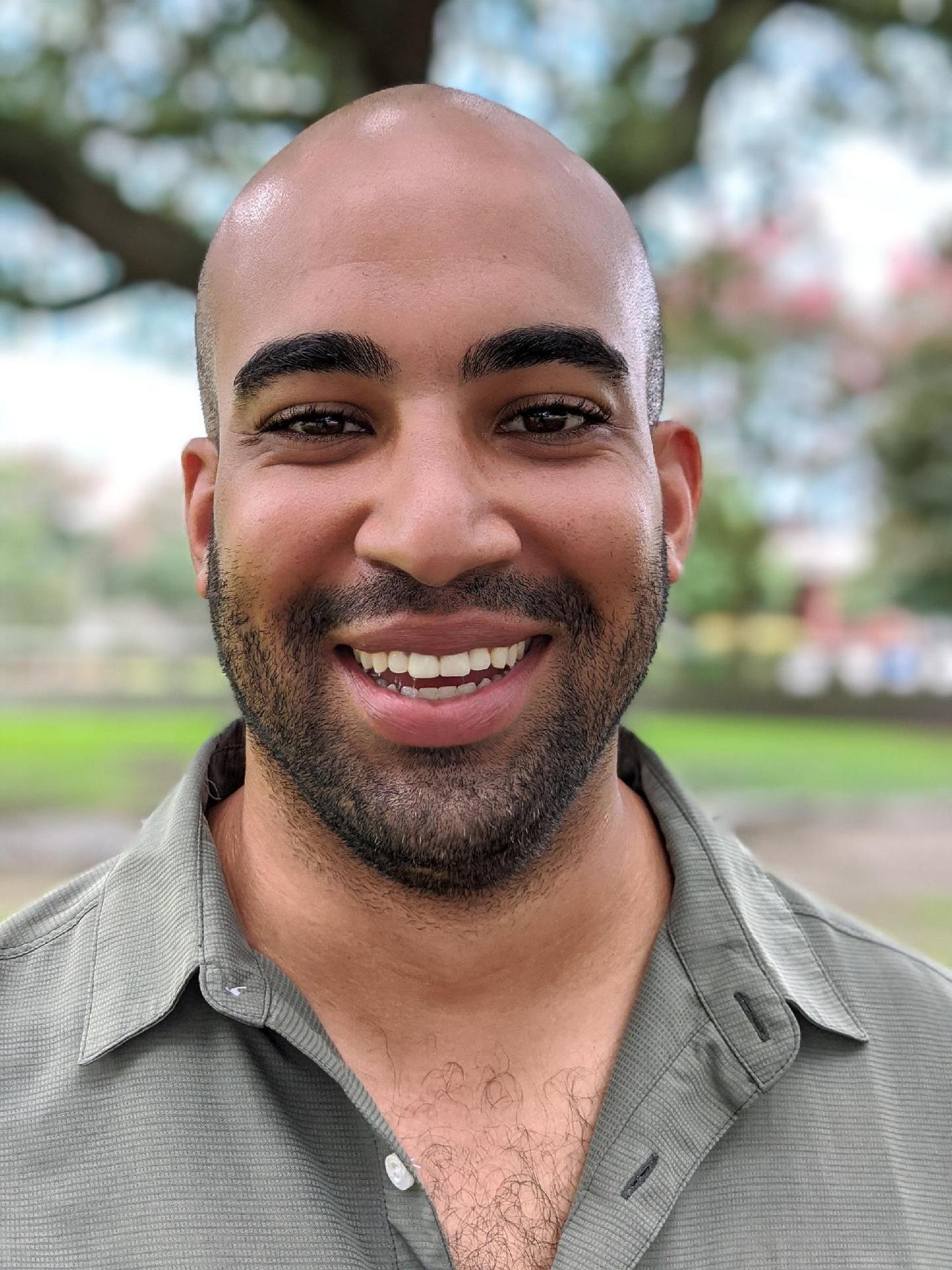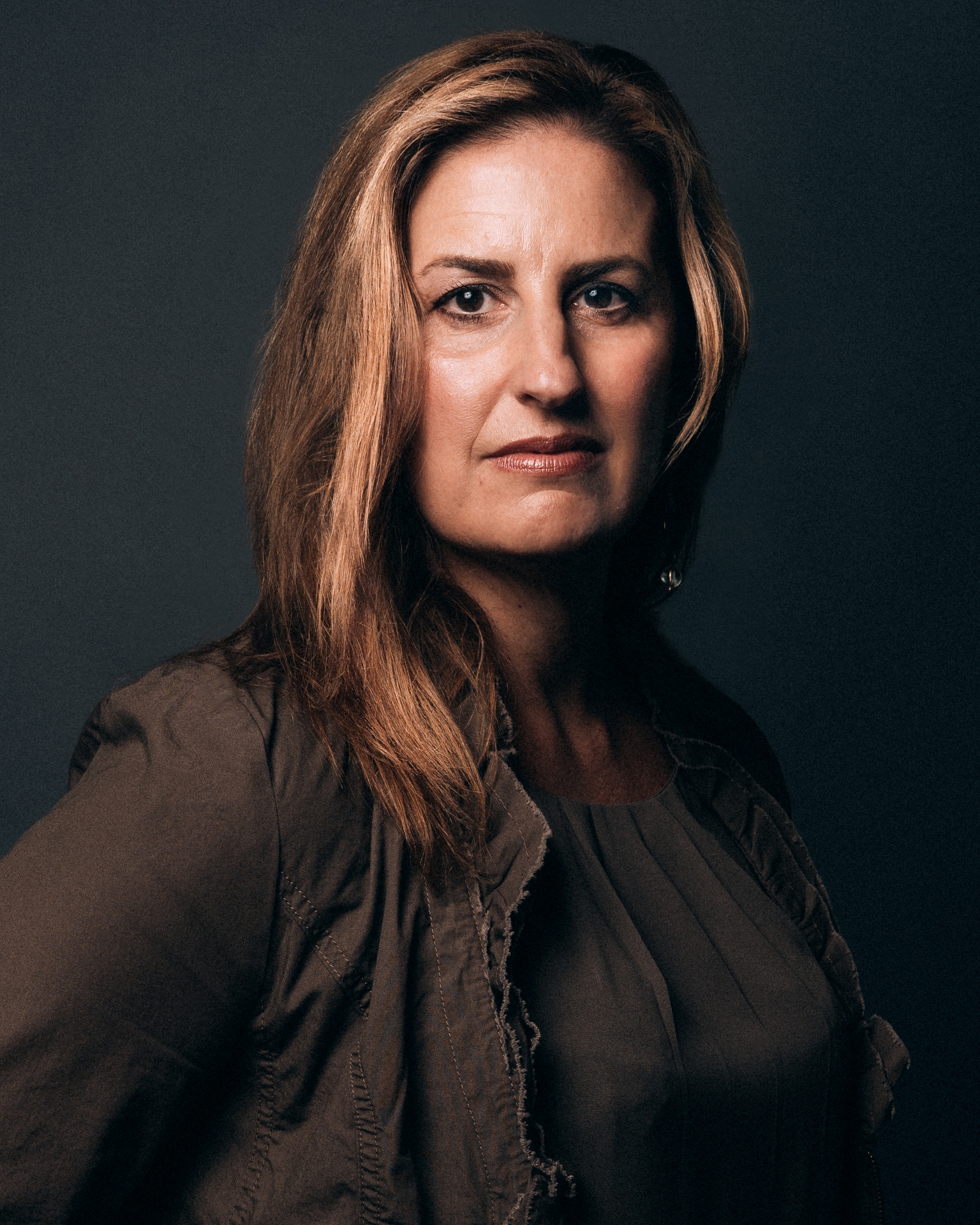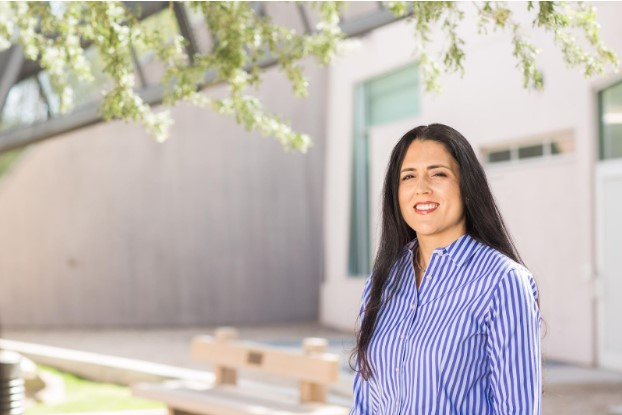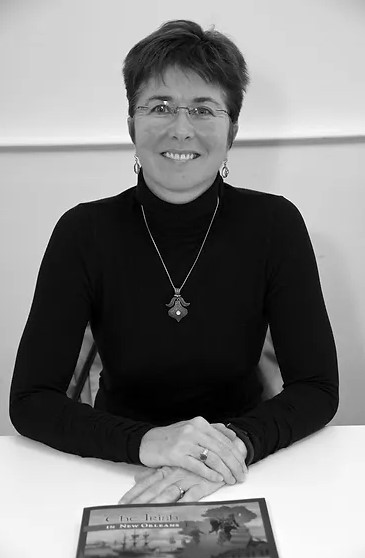For centuries, the Pointe-au-Chien Indian Tribe has been fighting a battle to hold on to their land, their culture, their very identity. Nearly 800 French-speaking tribal members have called the bayous of Terrebonne Parish home since before colonization. Since then, this small fishing community has faced struggle after struggle – some of them natural; many of them man-made.
LPB has been immersed in this community for the past two years. In this first Louisiana Spotlight Film we follow a community that is literally on the precipice. From their fight to be a federally recognized tribe, to the battle for educational equality – LPB explores efforts to preserve their unique tribal culture.
The community is also facing extinction due to climate change. The gulf is claiming increased land. In 2021, Hurricane Ida, a category 4 monster of a storm, almost wiped the community away. Out of the 80-plus homes in lower Pointe au Chien, only seven were left habitable. Many remain in ruins today.
Through all this, the tribe remains hopeful. The Precipice explores the challenges the community is facing and reveals the battles they are beginning to win. “The land is tied to their identity, and that part of their identity is literally washing away,” says LPB Senior Producer and filmmaker Ben Johnson. “Climate change is here and the towns and cities it will come for will only grow larger. This film hopefully makes clear that what happens to Pointe-aux-Chenes, happens to us. And it’s in our best interest to make sure they succeed.”
This initial film under LPB’s new Louisiana Spotlight umbrella, The Precipice represents a unique and in-depth way to expand on a topic. “Developing the Louisiana Spotlight brand, to include film, short form and digital is very exciting, says LPB Executive Producer Linda Midgett. “The story of the Pointe-au-Chien Indian Tribe is a uniquely Louisiana story, but their challenge also has global impact. It is a story that needs to be told.”
Featuring a score by Grammy & Emmy award-winning composer Michael Esneault, The Precipice will be available exclusively on LPB PASSPORT, an LPB member benefit, after the broadcast premiere.
The LPB Education Department is developing standards-based academic content to accompany THE PRECIPICE. The curriculum supports and suggestions will be coming soon. As Louisiana’s largest classroom, LPB is committed to providing resources so educators and parents can extend the learning.

Johnson joined LPB’s production team in 2021, bringing over 10-years of experience as a videographer, producer, editor, and composer. As part of the LPB team, Johnson heads the quarterly news and public affairs program Louisiana Spotlight and contributes to Louisiana: The State We’re In. “I’ve spent my entire professional career in Louisiana, capturing the states’ unique and complex stories through film. There is no shortage of great stories in our state, but there is a lack of outlets to tell them. That’s why I’m honored to be a part of LPB where I can continue to showcase the rich history, unique characters, and complex current issues across Louisiana,” Johnson says.

As executive producer at LPB, Linda Midgett has been a driving force behind such LPB productions as Why Louisiana Ain’t Mississippi… or Any Place Else!, Ziggy’s Arts Adventure, Safe Haven: Louisiana’s Green Book, and Louisiana Spotlight. The Emmy award-winning Midgett has directed, written and supervised more than 600 hours of programming for networks such as NBC-Universal, the History Channel, Discovery, and National Geographic. Her 2018 independent documentary, Same God, premiered at the Los Angeles Film Festival and was shown on PBS affiliates nationwide.

Patty Ferguson-Bohnee is a member of the PACIT tribe and has substantial experience in Indian law, election law and policy matters, voting rights, and status clarification of tribes. She is a clinical professor of law, the faculty director of the Indian Legal Program and the director of the Indian Legal Clinic at ASU.
Professor Ferguson-Bohnee has testified before the United States Senate Committee on Indian Affairs and the Louisiana State Legislature regarding tribal recognition, and has successfully assisted four Louisiana tribes in obtaining state recognition. Professor Ferguson-Bohnee has represented tribal clients in administrative, state, federal, and tribal courts, as well as before state and local governing bodies and proposed revisions to the Real Estate Disclosure Reports to include tribal provisions. She has assisted in complex voting rights litigation on behalf of tribes, and she has drafted state legislative and congressional testimony on behalf of tribes with respect to voting rights’ issues.
Before joining ASU in 2007, Professor Ferguson-Bohnee clerked for Judge Betty Binns Fletcher of the 9th U.S. Circuit Court of Appeals and was an associate in the Indian Law and Tribal Relations Practice Group at Sacks Tierney P.A. in Phoenix. As a Fulbright Scholar to France, she researched French colonial relations with Louisiana Indians in the 17th and 18th centuries.
Professor Ferguson-Bohnee, a member of the Pointe-au-Chien Indian tribe, serves as the Native Vote Election Protection Coordinator for the State of Arizona.

Dr. Kelley is a historian and professor at Tulane University where she specializes in U.S. history. In 2005, Dr. Kelley met Patty Ferguson-Bohnee and was asked to be the Pointe-au-Chien Indian Tribe’s historian for their petition for federal recognition. Since 2005, Dr. Kelley has traveled all over the world collecting documents and images to bolster the tribe’s petition, and has done extensive research piecing together the tribe’s early history. Dr. Kelley continues to work with the tribe today, and has developed a service learning program where she brings her students down to Pointe-au-Chien to do research for the tribe, as well as recovery efforts following Hurricane Ida.
Since 1975, Louisiana Public Broadcasting has connected the citizens of Louisiana by showcasing the history, people, places, and events that make our state so unique. Over the decades, through the production of award-winning documentaries, programs, and digital-first content, LPB has come to be known as Louisiana’s Storyteller. The food, music, scenery, cultures, and traditions are just a few of the things that make our state such a treasure, not only to those of us lucky enough to call it home, but to the world. There really is no place quite like Louisiana. That’s why sharing the stories of Louisiana is so important to LPB and to the generations of Louisianans we continue to serve.